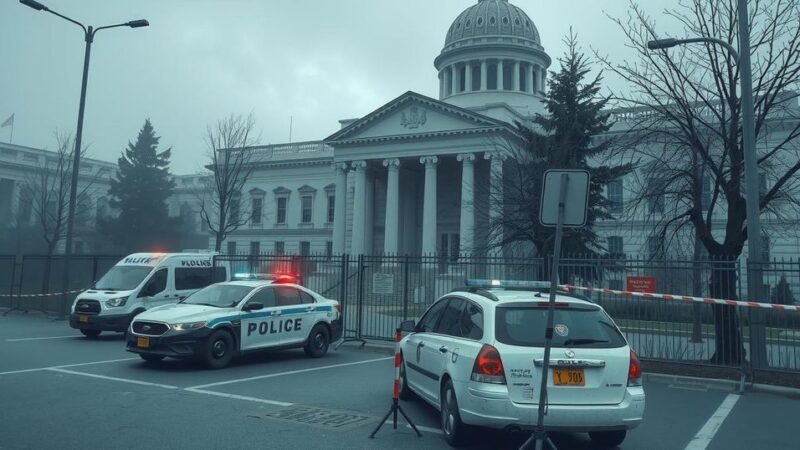Chad’s ruling party, led by President Mahamat Idriss Deby, has won a majority in the parliamentary election, securing 124 of 188 seats amid significant opposition boycotts and a voter turnout of 51.56%. The election is described as pivotal for Chad’s transition to democracy, although opposition parties have criticized it as a ‘charade’, raising concerns over its legitimacy.
The ruling party in Chad, led by President Mahamat Idriss Deby, has successfully retained control of the National Assembly, securing 124 out of 188 seats in a parliamentary election that faced significant opposition boycott. The electoral commission reported a voter participation rate of 51.56%, which raised concerns among opposition factions about the election’s legitimacy. Presenting the event as a pivotal step towards democratic reforms, Deby’s party aims to decentralize authority, although critics view the electoral process as a mere facade. The vote occurred against a backdrop of unrest and security challenges in the nation, including threats from Boko Haram and the withdrawal of French military forces.
Chad has not held parliamentary elections for more than a decade, and the recent elections were framed as a critical juncture in the country’s transition to democracy following President Mahamat Idriss Deby’s ascension to power after the death of his father, former President Idriss Deby Itno. The electoral event included both legislative and municipal components, amid allegations of electoral malpractice and fears over the credibility of the government’s electoral processes, particularly following the contested presidential election a year earlier. The challenges faced by Chad are compounded by security threats and a shifting geopolitical landscape regarding foreign military presence.
In conclusion, the recent parliamentary election in Chad has solidified President Mahamat Idriss Deby’s hold on power amidst significant opposition boycotts and concerns over electoral integrity. While the ruling party depicts this election as a step towards democratization and decentralization, the skepticism from opposition parties indicates that many citizens remain doubtful of the government’s commitment to genuine democratic processes. As Chad navigates ongoing security and political challenges, the implications of these elections will be closely observed both domestically and by the international community.
Original Source: www.aljazeera.com







